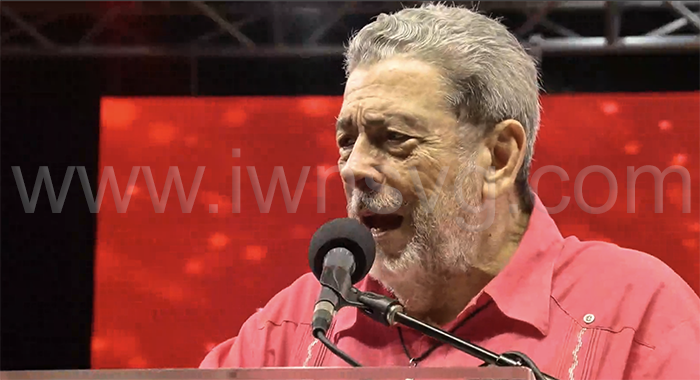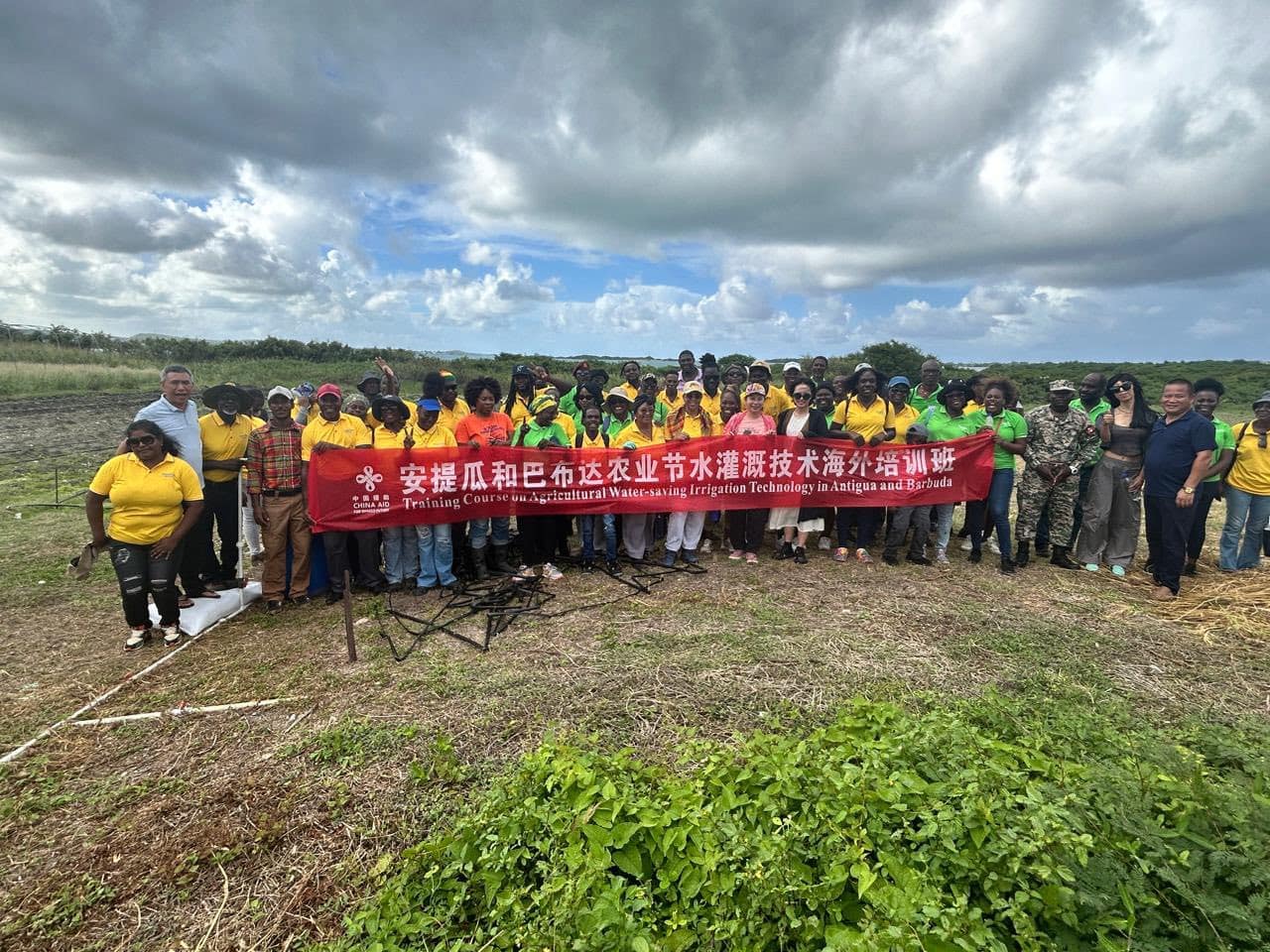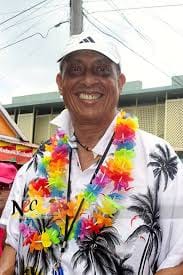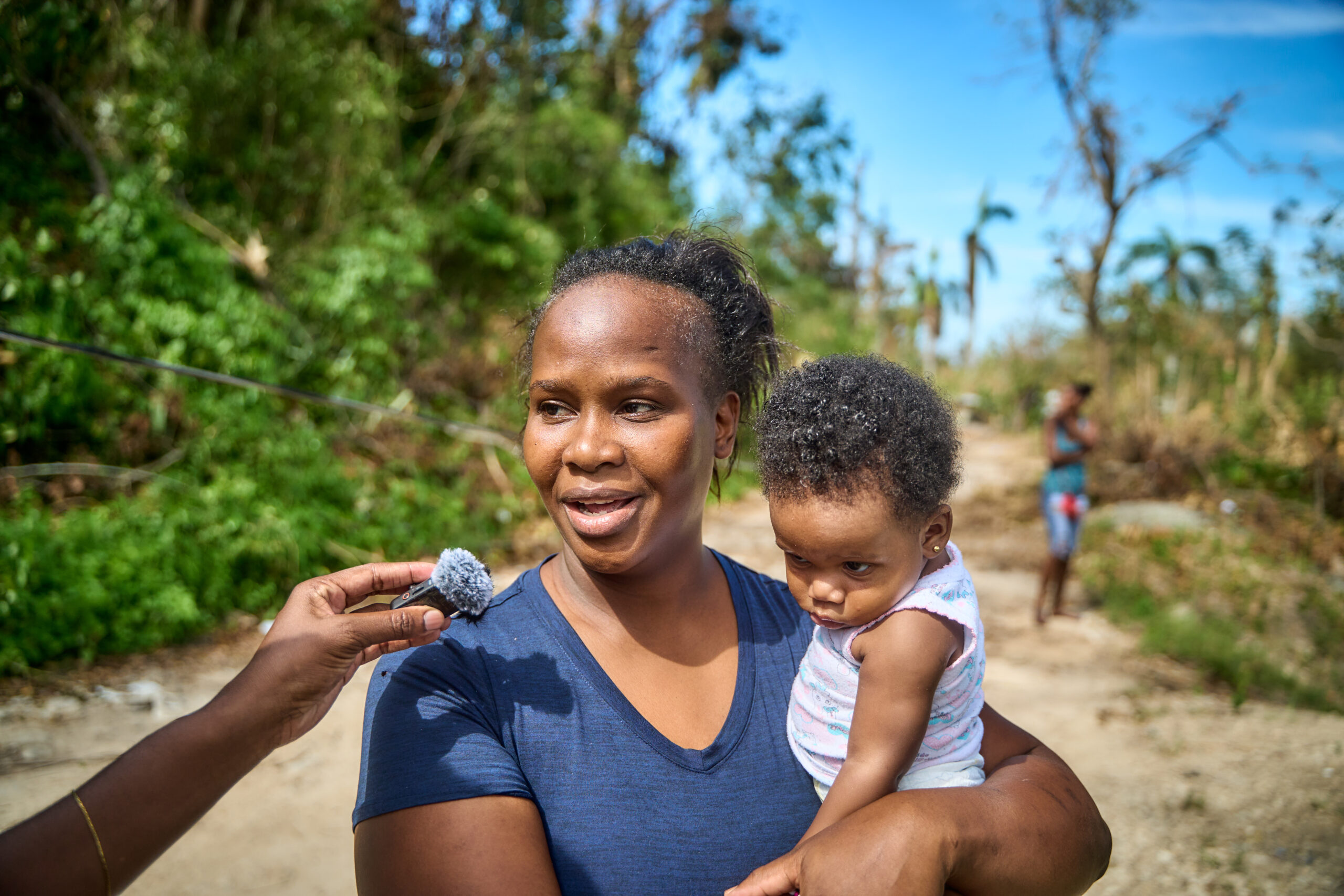As the November 27 general election in St. Vincent and the Grenadines approaches, Prime Minister Ralph Gonsalves has called on supporters of the ruling Unity Labour Party (ULP) to act as steadfast ‘warriors’ in the political battle. Speaking at the ULP’s Amazing Grace rally in Rabacca on Sunday, Gonsalves urged party loyalists to remain vigilant and proactive both offline and online. He emphasized the importance of defending the ULP’s legacy and countering opposition narratives, particularly on digital platforms. Gonsalves framed the ULP’s campaign as a ‘righteous struggle,’ highlighting the party’s achievements in driving national progress. He also expressed confidence in securing victory, citing the ULP’s stronghold in key constituencies and dismissing the opposition New Democratic Party’s (NDP) chances. Gonsalves accused the NDP of unethical tactics, including vandalizing ULP campaign materials and attempting to manipulate voter registration. He called on ULP supporters to protect party assets and ensure fair electoral practices. Additionally, Gonsalves criticized NDP leader Godwin Friday, labeling him as indecisive and ineffective. The Prime Minister also addressed concerns about voter intimidation and pledged to uphold the integrity of the electoral process. Gonsalves concluded by urging ULP warriors to mobilize young voters and remain vigilant against any attempts to disrupt the election.
博客
-
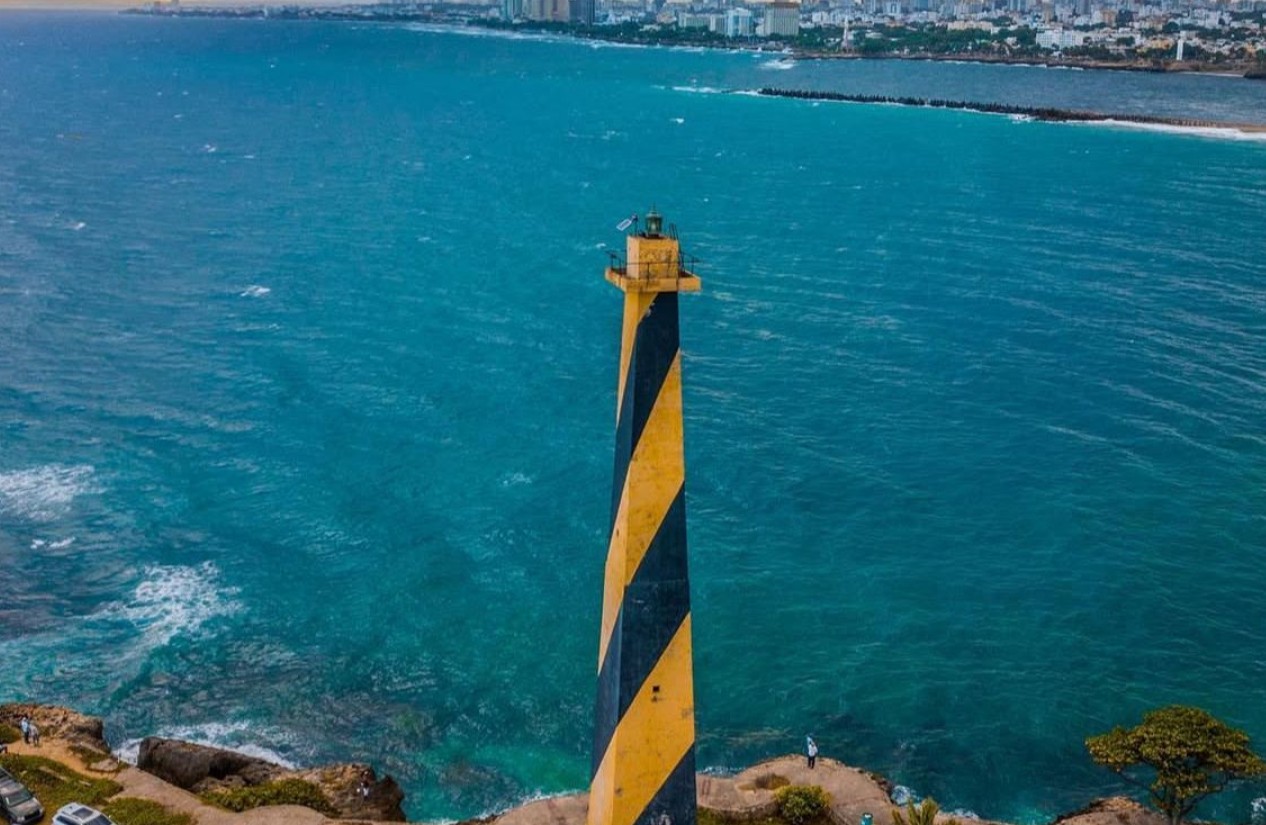
RDPorLoAlto calls for restoration of Punta Torrecilla Lighthouse
In Santo Domingo, the patriotic campaign RDPorLoAlto has launched a compelling appeal for the restoration of the Punta Torrecilla Lighthouse. The initiative calls upon the Government, specifically the Ministries of Culture and Tourism, along with the Santo Domingo East Mayor’s Office, to undertake a comprehensive renovation project. This effort aims to preserve the lighthouse’s historical significance while transforming it into a vibrant cultural and community hub. RDPorLoAlto argues that the restoration should be viewed as a strategic investment in the dignity and identity of the residents of eastern Santo Domingo, a region steeped in rich symbolism and heritage. The proposed sustainable restoration plan includes structural rehabilitation with solar-powered LED lighting, the establishment of an interpretive center showcasing interactive exhibits on the Dominican Republic’s maritime history, and the formation of public-private partnerships to host cultural and tourism events. This multifaceted initiative is expected to create local employment opportunities, attract tourists, and generate an estimated annual economic impact of RD$50 million through enhanced tourism and community development.
-

Cap Cana inaugurates Las Iguanas Golf Course
Cap Cana has marked a significant milestone in its luxury tourism and sports offerings with the official inauguration of the first nine holes of the Las Iguanas Golf Course. Designed by the legendary Jack Nicklaus Signature Design, this project underscores Cap Cana’s position as a leading destination for high-end leisure and golf in the Caribbean. The course, developed with a sustainable design philosophy, seamlessly integrates with the natural environment, preserving the region’s topography while offering breathtaking views of the Caribbean Sea. This addition complements the already prestigious Punta Espada Golf Club, which is consistently ranked among Latin America’s finest. During the opening ceremony, Jorge Subero Medina, CEO of Cap Cana, highlighted the community’s dedication to excellence, environmental stewardship, and responsible luxury. Las Iguanas embodies Cap Cana’s vision of a meticulously planned, sustainable destination that harmoniously combines modern infrastructure, natural beauty, and world-class recreational experiences.
-
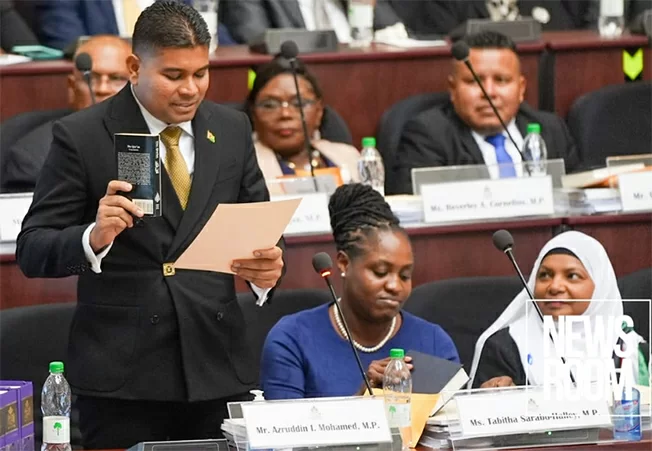
Nieuwe parlementariërs beëdigd in Guyana; ook verdachte Mohamed legt eed af
In a significant political development, Guyana’s Parliament commenced its new session on Monday in the capital city of Georgetown, with dozens of newly elected members taking their oaths. Among them was Azruddin Mohamed, leader of the opposition party We Invest in Nationhood (WIN), who was sworn in despite facing criminal charges in the United States and being subject to sanctions. WIN secured 16 of the 29 opposition seats in the recent general elections, solidifying its position as the leading opposition party. Mohamed’s formal induction as a parliamentarian took place during a special session at the Arthur Chung Conference Centre. However, his appointment has sparked controversy due to his ongoing legal battles. Mohamed is sanctioned by the U.S. government and faces multiple charges in Florida, including money laundering, tax evasion, and gold smuggling. Critics have labeled his swearing-in as a ‘shameful first for Guyana’s Parliament,’ while WIN supporters hail it as a historic moment, emphasizing Mohamed’s electoral mandate. The situation raises questions about the integrity and credibility of the Parliament, as it grants a position to a member under significant legal scrutiny. Mohamed and his father are currently on bail in Guyana, required to report weekly to the police and surrender their passports. The possibility of extradition to the U.S. remains open, with Vice President Bharrat Jagdeo clarifying that parliamentary status does not grant immunity from extradition or prosecution.
-
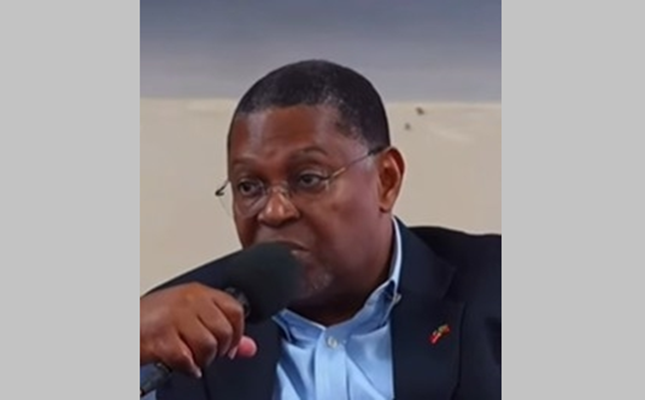
Chamber urges government to shift from policy planning to action as global uncertainty grows
In the face of escalating global economic instability, the St. Kitts-Nevis Chamber of Industry and Commerce (SKNCIC) has urged the government to transition from policy planning to actionable implementation. This call to action was made during recent consultations for the 2026 national budget, held at the St. Kitts Marriott Resort, where the Chamber played a pivotal role. Trevor Blake, President of the SKNCIC, emphasized the necessity of converting strategic discussions into concrete outcomes, particularly as the global economic environment grows increasingly fragmented. The United States’ adoption of a country-first policy, imposition of tariffs on major trading partners, and deportation of illegal immigrants have significantly impacted the Federation’s residents and business community. Blake acknowledged the Federation’s commendable progress over the years but highlighted the challenges of sustaining and accelerating this growth amidst global economic flux. He pointed out that international institutions predict slower global growth, persistent inflation, and heightened uncertainty, all of which are dampening domestic economic activity. The ‘America First’ policy, ongoing Russia-Ukraine war, and Middle Eastern instability have disrupted global supply chains, putting pressure on domestic producers, distributors, and retailers. Given the Federation’s reliance on imported food and tourism, Blake stressed the importance of domestic policies in the 2026 budget aimed at mitigating these impacts. He noted the government’s efforts to reduce reliance on the Citizenship by Investment (CBI) programme and tourism by enhancing productivity, improving road networks, increasing agricultural yields, attracting foreign direct investment, and expanding airlift and cruise ship arrivals. Blake also commended the government’s success in curbing violent crime, which poses a significant societal threat and deters investment. He highlighted the sharp decline in CBI revenues, which accounted for 22% of GDP in 2023 but have since fallen to 8%, projected to remain around 9% for the rest of the decade. Blake applauded the government’s steps to reform the CBI programme in collaboration with regional partners, aiming to bring credibility and sustainability. Prime Minister Dr. Terrance Drew is expected to provide a comprehensive update on the state of the economy in the 2026 Budget Address next month.
-

Column: De steiger van Leonsberg en het failliet van fatsoen
In a move that has sent shockwaves across Suriname, the Ministry of Land Policy and Forest Management (GBB) quietly issued a decree just days before the May 2025 elections, transferring ownership of the Leonsberg Pier and its surrounding land to a private individual, Sandiep Seemangal. This decision, seemingly routine on paper, has profound implications for the community, as the pier has long served as a vital public facility connecting Paramaribo and Commewijne, and a gateway to popular tourist destinations like Braamspoint and the mangroves. The privatization has left over 70 boat operators, fishermen, and tour guides in legal limbo, effectively barring them from using the pier they’ve relied on for decades. The Leonsberg Pier is more than just a docking point; it symbolizes free access to the river and the interconnectedness of Suriname’s communities. The timing of the transfer, finalized just days before the elections, has raised suspicions of last-minute political favoritism. Minister Stanley Soeropawiro and Assembly Member Bronto Somohardjo have both called for the land to be returned to the state, but reversing the decision will require a court order—a daunting task given the GBB’s backlog of nearly 900 lawsuits over disputed land claims. This incident is not isolated but reflects a broader erosion of integrity in governance, where public assets are increasingly privatized for political gain. The Leonsberg Pier case underscores the urgent need for systemic reform to protect public resources and restore trust in Suriname’s institutions. As the nation grapples with this crisis, the question remains: if even the river is no longer free, where does justice lie?
-

Sluggish world oil price affects Guyana’s projected oil earnings
Guyana’s oil revenues experienced minimal growth in the first half of 2025, primarily due to a downturn in global oil prices. However, the nation anticipates a boost in its oil sector later this year with the commencement of production at the Yellowtail field in the Stabroek Block, facilitated by a floating production storage and offloading (FPSO) vessel. This update was detailed in the mid-year economic report presented to the National Assembly by Finance Minister Dr. Ashni Singh on Monday. The report forecasts that crude oil prices will average $68 per barrel in 2025, marking a 15.7% decrease from the 2024 average of $71.9 per barrel. Despite this, the oil sector is expected to grow by 15.6% due to earlier-than-expected production at Yellowtail, increasing the number of profit oil lifts from 31 to 33. Consequently, Guyana’s petroleum deposits for the year are projected to reach $2,512.4 million, slightly above the $2,503 million estimated during the 2025 National Budget preparation. The report also highlights that the Natural Resources Fund (NRF) is expected to see a withdrawal of $2,463.9 million this year, leaving a closing balance of $3,248.8 million by year-end. Additionally, the oil and gas industry expanded by 5.5% in the first half of 2025, with production totaling 115.7 million barrels, up from 113.5 million barrels in the same period last year. Daily production averaged nearly 640,000 barrels per day (bpd) in the first half of this year, compared to approximately 624,000 bpd in the first half of 2024. The moderation in production on the Destiny FPSO was offset by increased output from the Unity and Prosperity FPSOs.
